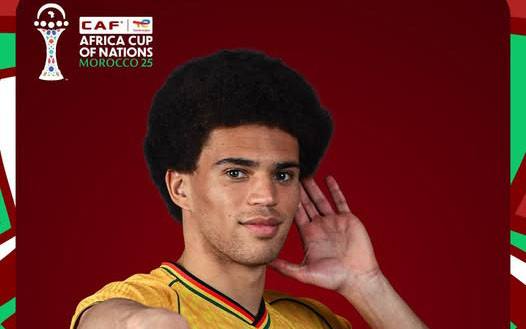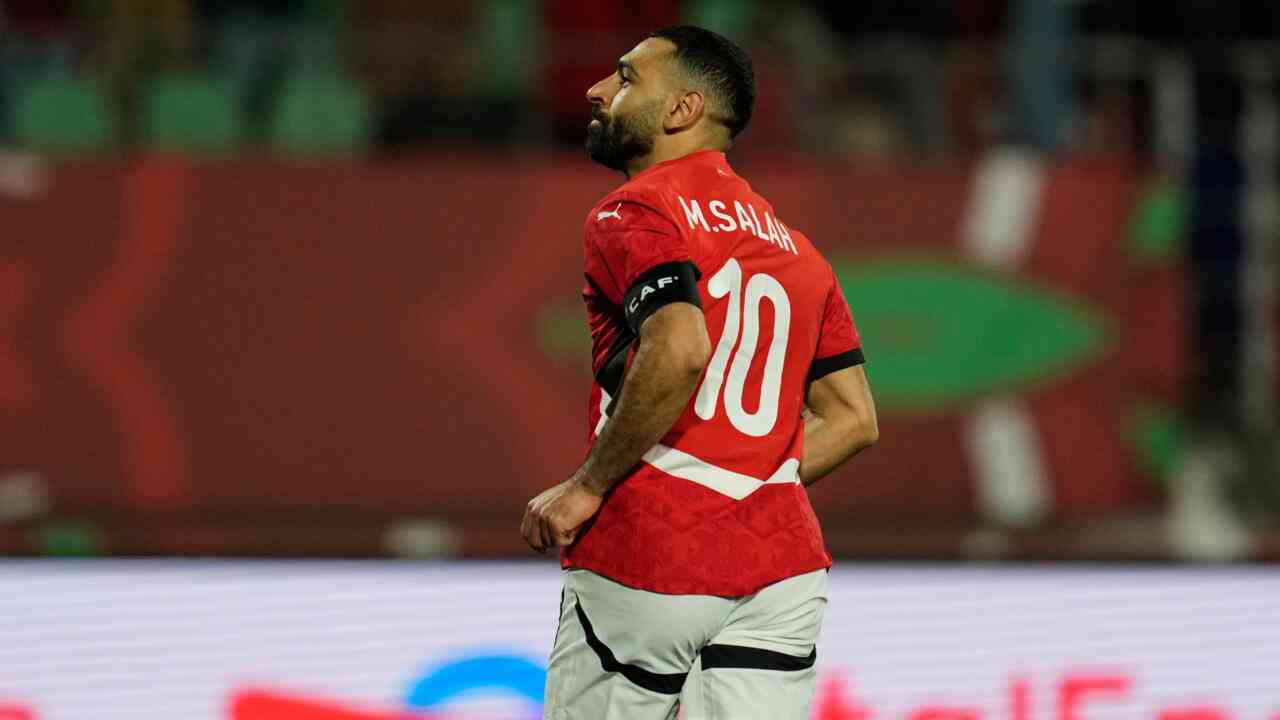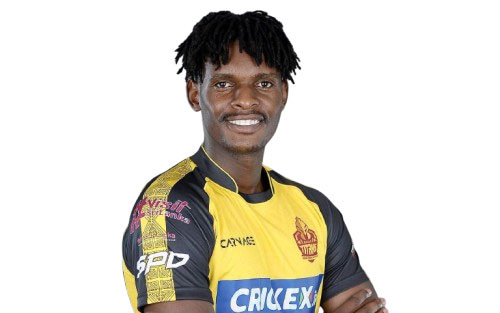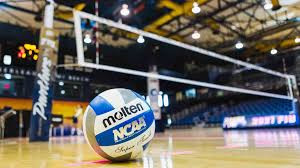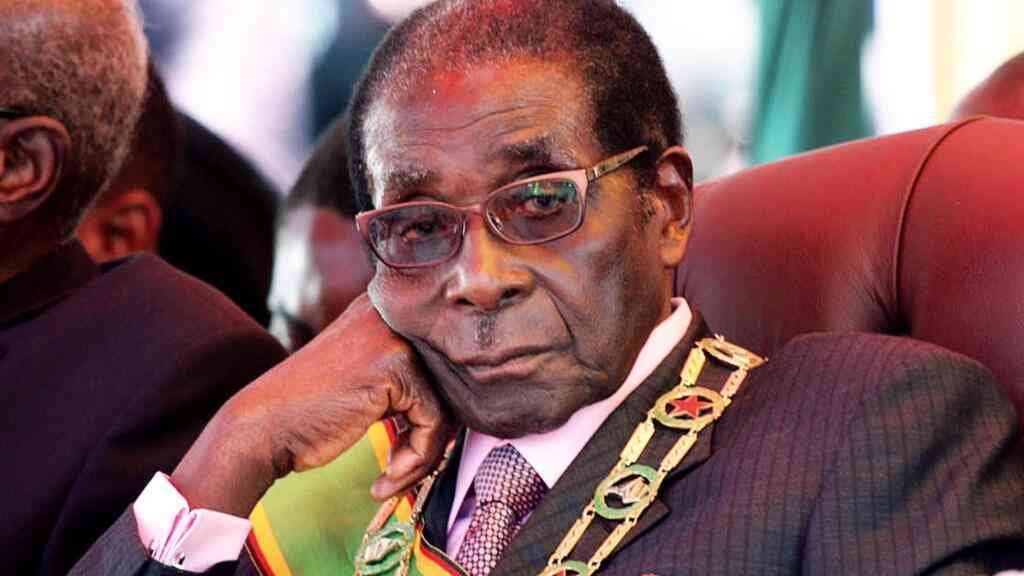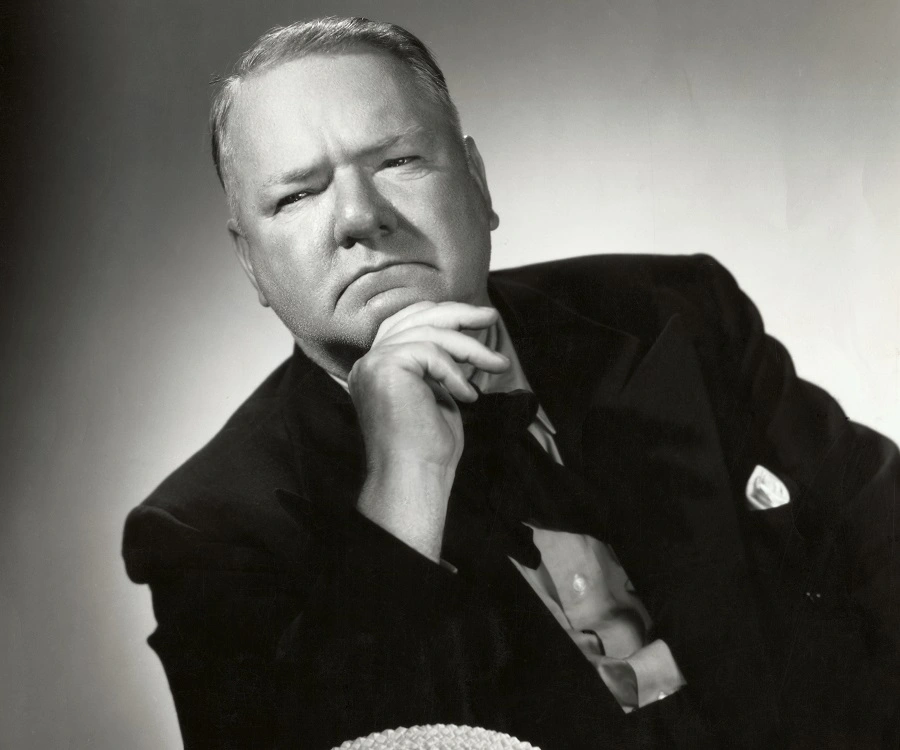
We probably have never heard of William Claude Dukenfield; there is no disgrace in that, not least as it was not the name that he came to be known as. However, even if we reveal that his name was W. C. Fields, many of us will probably still be no better off in knowing who he was.
He was a very successful and popular American actor, comedian, juggler and writer in the 1930s while many of his quotes are still popular today, almost a century later, most of which centred around drink and children – not an ideal combination!
When he was asked why he never drank water, he declared, “I'm afraid it will become habit-forming.” On another occasion he stated that “I never drink anything stronger than gin before breakfast” while he is also quoted as saying that “A man who loves whiskey and hates kids can't be all that bad.” When he was asked whether he liked children, he responded, “Ah, yes . . . boiled or fried” though elsewhere he opined that “Children should neither be seen nor heard from...ever again.” Strong feelings indeed – let us hope they were said in jest!
He is also the person to whom an oft-repeated saying about working on television or films is attributed: “Never work with animals or children”.
The statement is usually taken to underline the difficulties of working with animals and children, but it can equally be taken to point out the fact that animals and children have the tendency to steal the limelight through their unexpected, unfiltered responses or actions.
On example is the story of a wedding where the ring bearer was the family dog who fancied jumping in the water beside which the wedding was being held, then shaking wildly, spraying water over guests and dispatching the rings afield, a la WC Fields! “The best laid plans gang oft agley” comes to mind!
WC Fields was clearly not an advocate of working with children, and no doubt has many supporters in that regard. It can lead us to wonder then why people would want to work with children. More specifically, it may be worth considering why people want to coach children in sport, more specifically, people who have no qualifications in working with children (and very often also even having no qualifications in coaching that sport)?
Teachers will coach school teams – it is part of their job, for which they have been trained. But why do external coaches come and coach children, when they have no training?
- Village Secrets actress burial today
- Ukraine becoming an international centre for illegal arms trade
- Kwekwe residents demand councillors be sworn in
- Durban floods: South Africa floods kill more than 250 – officials
Keep Reading
Maybe it is because they cannot deal with adults so they will try to coach children. After all, children are less likely to answer back, to question decisions or drills, to shout at them.
Maybe they want the adulation that children often naturally give to an older person who can perform skills with greater ease, in awe and wonder, even if the adult cannot explain it to the children.
Maybe they are not good enough to coach adults so they think it will be easier to do so with children – not realising that it is far harder to do so, with people less talented. Maybe in this country it is because more people watch school sport and therefore, they will gain greater recognition. Maybe it is because they can go on exciting paid tours and gain greater exposure and pleasure.
Some coaches will coach school teams because they believe that as they can coach adults, as they have proved they can coach adults, so they will be able to coach children – it will be so much easier, they might think. Yet the two scenarios are so different.
Coaching adults in a club context is all about winning; coaching school children is not. Many of these children are beginners and need to learn the basics; coaches who coach adults take those as a ‘given’ and do not know how to coach the basics.
These children are first and foremost children, not players; they are there to learn (and not just skills and tactics but life lessons); they are there to have fun, to enjoy the sport, not to be grilled and pushed and shouted at and harried.
We are being unfair, are we not? Of course, such coaches love children, love seeing them develop. We are grateful that people willingly give up their time to help children love sport. We do need people to work with children on our sports fields – but not WC Fields.
If coaches do come to coach children, they must do it right. No actors, comedians or jugglers, please.

